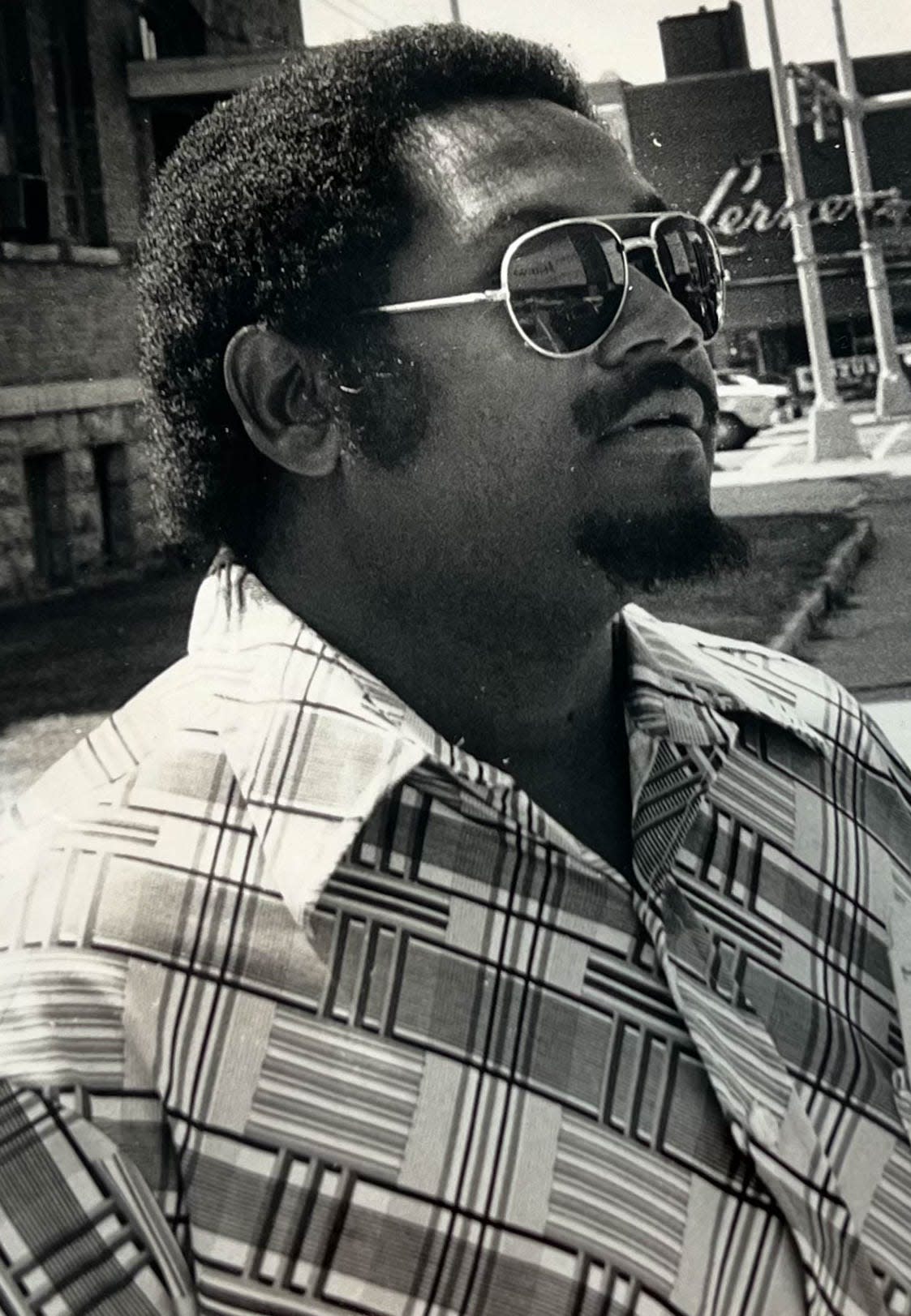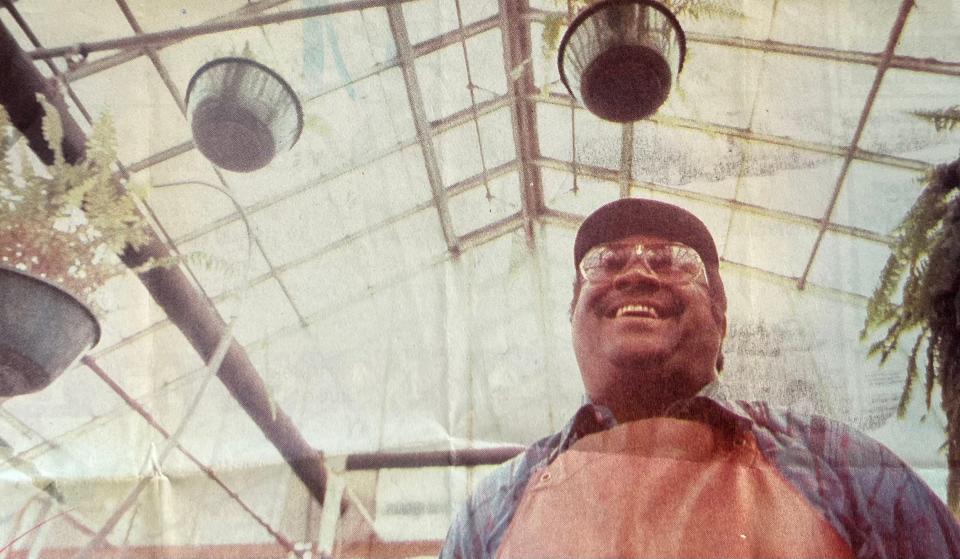From 1984: Anderson man becomes first blind juror in South Carolina. 'I felt proud.'

This story was originally published in September 1984.
Carey D. Burriss Jr., 34, sat in a jury pool in the main courtroom of the Anderson County Courthouse all week in September of 1984.
"When I stood in the front of the courtroom and the (lawyers) had to consider me, I was ready for them to say, 'No,'" he said.
"There was a pause, and I was about ready to raise my cane and tell them I could see with my ears. But when I heard them both say, 'Seat the juror,' it was like a dream had been realized."
Burriss and court officials said they believe he's the first blind person to serve on a jury in state history.
"I felt proud. At that moment, all that work by the federation, all the letters and correspondence with elected officials became worth it," Burriss said.
Courts news: SC Supreme Court upholds conviction in 2015 Powdersville fatal gas station shooting
Legislation removing the jury duty exemption for blind people became state law June 20, 1984.
"It's been a great experience, and I think I may have shown some people what a blind person is capable of doing," Burriss said.
Burriss served on two juries, one for a trial in absence, in which the defendant was not present, and the other for a trial of driving under the influence. The jury returned a guilty verdict in both cases.
Burriss, an employee of the Clemson University horticulture department, is president of the 16-member Anderson chapter of the National Federation of the Blind.
He learned earlier in the week that his selection for jury duty "could result in a first."
"I knew he was the first blind juror we've had in Anderson County, and found out today he was the first in the state," Anderson Clerk of Court Jimmy Burdette said. "From everything I've been told, he did a fine job."

Assistant 10th Circuit Solicitor David Hoffman, who prosecuted one of the cases in which Burriss was a juror, said he "had no qualms about seating him" on the jury.
"There may be some cases in which visual evidence is presented where a blind person might be at a disadvantage," Hoffman said. "In a situation like that, I suppose the handicap would have to be taken into consideration. But the cases were such that there was no problem."
Presiding Circuit Judge Joseph R. Moss, a former state Supreme Court Chief Justice, agreed that there were "cases in which being able to view evidence or the demeanor of a defendant would be important.
"But there are also cases when a blind person might be able to pick up on something that a sighted person can't," Moss said
"We've been fighting for this for a long time," Burriss said after being discharged from the second case.
Burriss, who also serves on the state board of the Federation for the Blind, said he was "actively involved" in the lobbying effort that resulted in the legislation removing the jury-duty exemption for the blind.
Blinded by a ricocheting bullet in an accident 16 years ago, Burriss said he has learned to accept living with total blindness.
"I have learned to see with my ears," Burriss said.
"Serving on a jury is something that we should have been able to do years ago," he said. "I know that now. It's a shame we have to fight so hard to show people we can do these things.
"I believe a blind person must take the initiative and show that they're capable of doing certain things. When you show you can do something, you're more likely to be accepted."
"We haven't been given many chances, but the public is beginning to see the light. There are other things I want to do. I'm glad to have ben a pioneer as a juror."
This article originally appeared on Anderson Independent Mail: Story of the Anderson man who became first blind juror in SC in 1984

